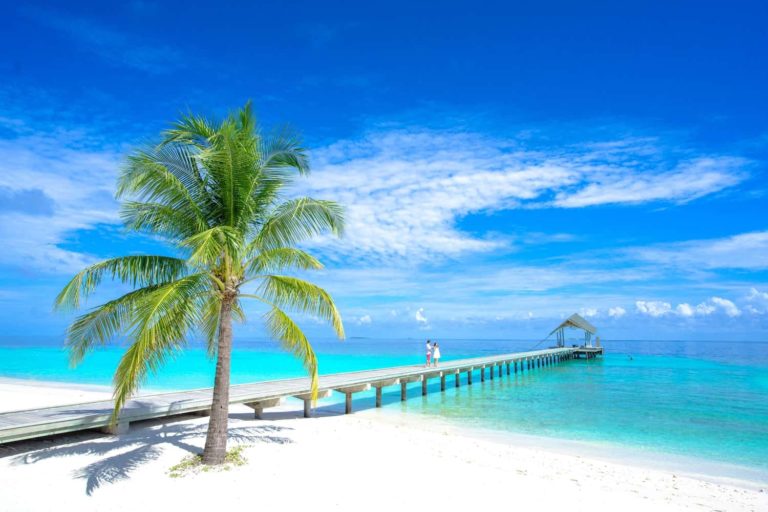
President Carlos Alvarado made legislators remove patients’ right to home cultivation before he would approve the regulation.
By Caitlin Donohue, Costa Rica, March 3, 2022 /MerryJane/ –
Costa Rica’s President Carlos Alvarado signed off on legislation on Wednesday Congress to legalize medical cannabis and industrial hemp. Congress approved Law 21.388 on Tuesday with 29 votes in favor and 10 against.
The bill was introduced in Congress in 2019, and the delay of its approval has made it necessary for the country’s medical cannabis patients to seek their cannabis treatment outside the small nation’s borders.
Reuters reported that President Carlos Alvarado dubbed the approved bill “of great benefit to Costa Rica.” That was good news, because he struck down lawmakers’ plans to legalize in the past. On January 27, Alvarado vetoed an earlier draft of the legislation, reasoning that he wanted to more strictly limit individual rights to cultivate and possess weed.
That home-grow restriction was only a minor setback, according to some politicians. “The veto did not affect the key components of this proposal, which will bring investment, generate employment, allow access to millionaire markets, and reactivate the agricultural sector,” said legislator Zoila Rosa Volio.
In the most recently approved version of the law, articles referring to home cultivation, even by licensed patients, have been erased entirely. That was a nod to President Alvarado’s wishes — he believed that home cultivation held no economic benefit for the country.
Now that the president has signed off, the law will need to be published in the country’s governmental gazette before becoming legally enforceable.
Costa Rica has ambiguously-worded regulation when it comes to the personal possession of cannabis for recreational purposes, but carrying below 8 grams of cannabis flower is generally regarded as decriminalized.
The legislation that the Congress approved this week has been marketed as a way to pull the country out of an economic slump.
“Another grand accomplishment of this law is that it allows the industrialization of hemp, an activity that could activate agriculture, above all in rural zones, with cultivation and a new industry that can be developed,” said a statement that accompanied news of the president and health minister signing the proposal into law.
Unemployment rose to 14.4% last year in Costa Rica, with residents living in poverty at 23%. Close results of a recent election has led to the scheduling of an April run-off in which Alvarado will need to defend his post against former Costa Rican finance minister Rodrigo Chaves.
Tico Times cited a report by Costa Rica’s government-owned foreign trade promotion industry Procomer that found that the country’s medical marijuana industry could be worth $35 billion a year by 2025.
Other Latin American countries that have regulated medicinal cannabis include Uruguay, Argentina, Brazil, Chile, Colombia, Ecuador, Mexico, and Peru. The region is a leader in federal cannabis access, as Uruguay became the first country to allow both medicinal and recreational cannabis markets in 2018.
Caitlin Donohue is a Bay Area-raised, Mexico City-based cannabis writer and author of She Represents: 44 Women Who Are Changing Politics and the World. Her weekly show Crónica on Radio Nopal explores Mexican marijuana culture and politics in the prohibition era. Follow Caitlin on IG @byrdwatch